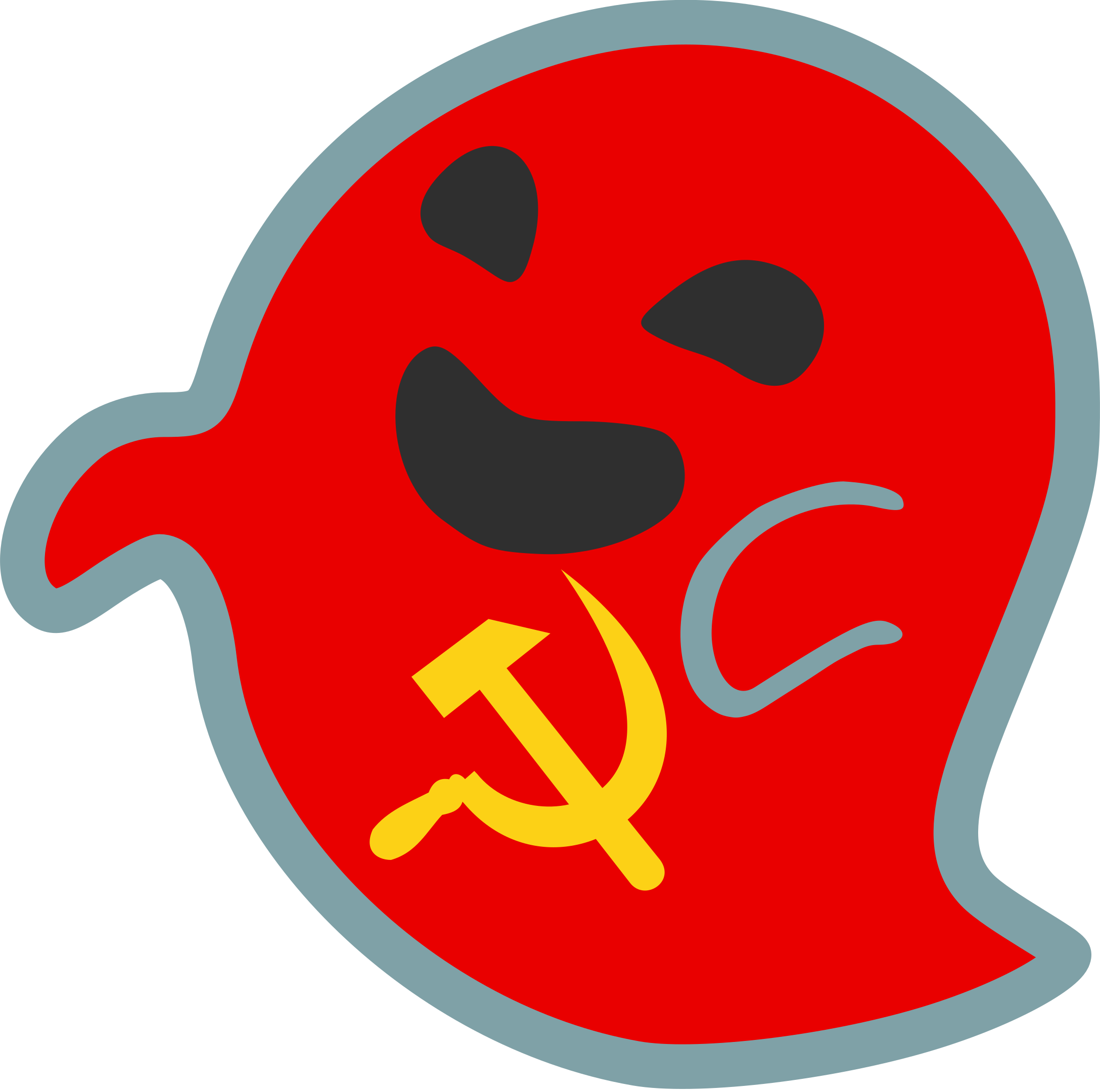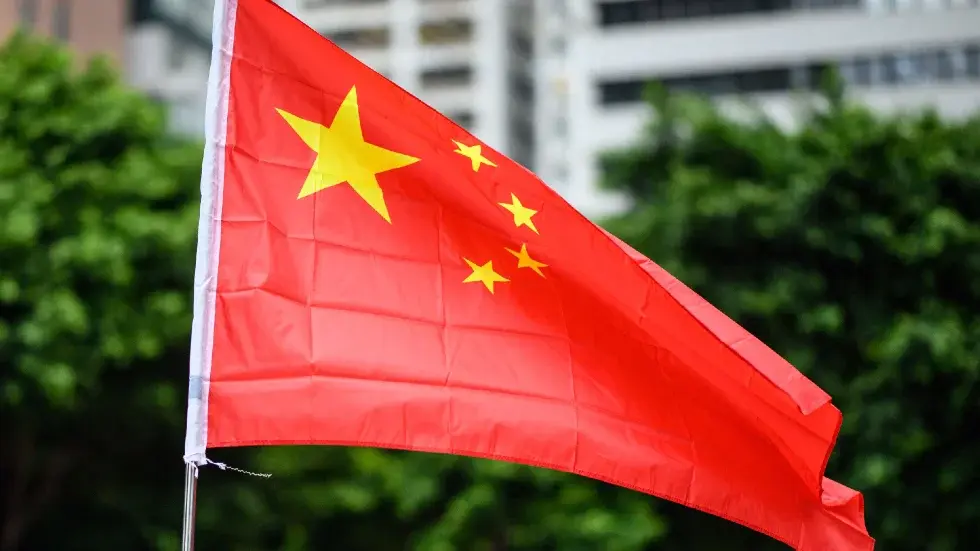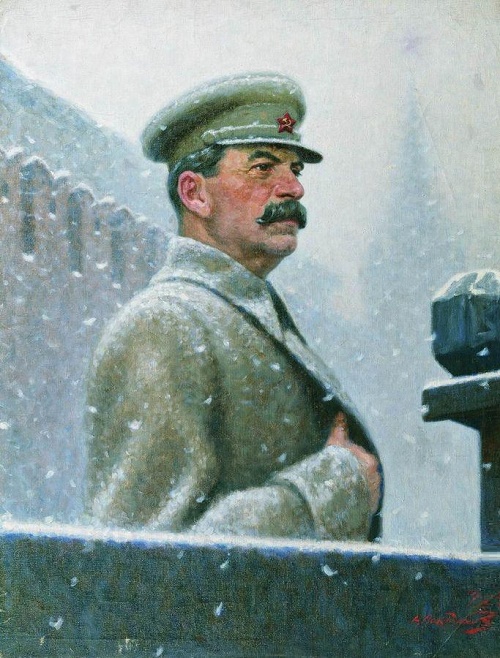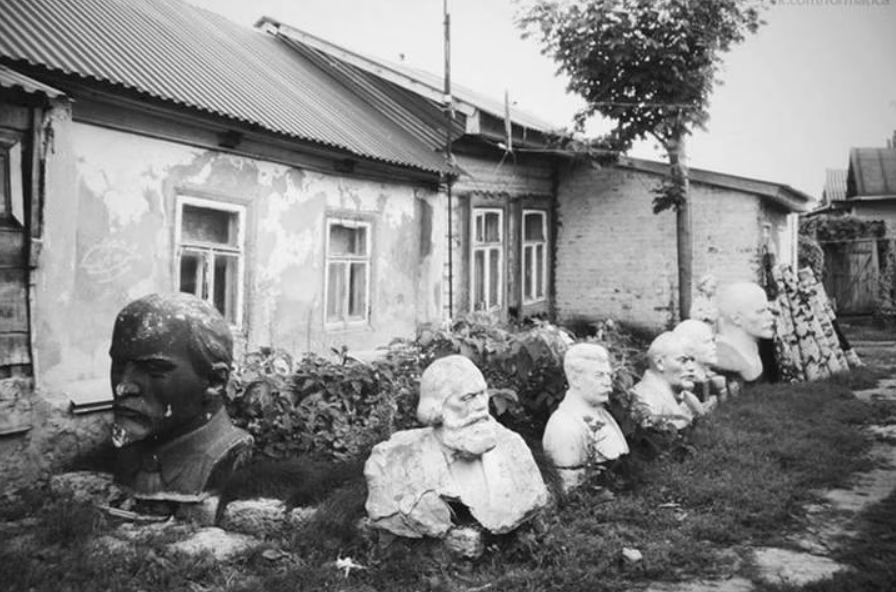The end of this article reads like Western Marxist cope. It’s not as negative or hyperbolic as most western media, however it still uses talking points that misframe China’s future. The implication that China might become imperialist to maintain economic growth would only hold true if the Chinese bourgeoisie was becoming increasingly powerful politically. However the article explained previously, almost begrudgingly, that the opposite is clearly happening.
The CPC have the means to seize capital from the bourgeoisie at any point really. Xi and the PSC heavily fined Jack Ma for a speech he gave criticizing financial regulation in the country. They could freeze and seize his assets whenever they wanted.
THAT is what a dictatorship of the proletariat looks like
I really wish they had seized it all. If Billionaires want to go cry and scream that big bad CPC is taking all their monies, while they are literally still billionaires, then the CPC should make it a reality, and just take it all. Fuck these rich crybabies. Time for them to learn was hard work actually is.
But that dictatorship blocks the strike rights of the people too and there’s no option to form a independent union from state ones. I think, if you are not willing to give your workers to have a independent union, rights and democracy; the people will fall into the bourgeoisie “freedom” instead of a proletarian freedom.
There are plenty of strikes in China. Over a thousand each year and thousands of labor protests. Just because they don’t operate the same as the systems you’re used to from capitalist countries doesn’t mean they don’t exist. Likewise they also have “rights and democracy”.
But there is a more fundamental problem with your complaint, namely what is the point of unions that are separate from the structures of a socialist state? It makes no sense. That’s like asking for your arm to be independent of your body. A socialist state embodies the dictatorship of the proletariat.
Why would workers need to be independent of their own instrument of class rule? It’s not only pointless, it’s also a recipe for dividing the working class against itself and alienating workers from their own state. Are you saying that the interests of workers and the state are opposed?
The point of socialist state is that it is the highest form of collective organization of the working class, there is no need to regress back to lower forms of organization. Or do you just want a Chinese Solidarność, is that what you’re saying? We’ve seen where that leads and it is a nightmare.
Why create a separation that can and will lead to conflict between the unions and the state if the unions suddenly decide that they want to pursue their own selfish interests rather than the interests of the entire country? Why create needless friction and infighting which only leave room for opportunists and imperialist agents to exploit?
By the way, the Bolsheviks also had this debate way back in 1920, and ultimately Lenin’s democratic centralist model of union integration into the workers’ state prevailed, and for good reasons. If you want to understand why they made this decision i’m sure you will find plenty to read that Lenin and various others at the time wrote about this topic.
You argue that workers in China have no need for independent unions because the state already represents them. But this assumes that the state and the working class are in perfect harmony an assumption that Marx, Lenin, and especially Trotsky warned against.
In a workers’ state, the possibility of class differentiation, degeneration, and bureaucracy always exists. Trotsky emphasized that unless workers maintain the right to independently organize even against the state they have no way of resisting the rise of a bureaucratic caste.
The very fact that strikes in China are not protected, not organized by independent unions, and are often met with suppression proves that the state does not welcome autonomous working-class activity.
If the state truly embodied proletarian power, it would welcome strikes as expressions of workers’ will not repress them. Instead, it treats independent organizing as a threat, much like how Stalin treated dissent in the 1930s. You’re mistaken on one point: if this republic were truly a workers’ republic organized by workers and governed by them then imperialists wouldn’t be able to intervene in the first place. That argument is just an excuse, and we all know it from Soviet experience. Perhaps all so-called workers’ states collapsed precisely because of this because they suppressed free workers’ action and independent movements.
As for the Lenin quote: Yes, there was a debate in 1920, but you leave out the context. Lenin pushed for tighter integration of unions under specific civil war conditions, while Trotsky and later the Left Opposition argued that permanent integration of unions into the state would lead to a bureaucratic ossification which is exactly what happened in the USSR, and later in China. Rosa Luxemburg also warned: “Freedom is always the freedom of the one who thinks differently.” Suppressing dissent in the name of unity only strengthens bureaucrats, not workers. A union that cannot strike or disagree with the state is not a union it is a transmission belt of the ruling bureaucracy.
All that sounds great in theory, but in practice we have seen historically where it ends. Do you believe Poland is better off now for having had their socialism destroyed, in large part by the subversive actions of the Solidarność union? How do you concretely propose to avoid that scenario from re-occurring?
It is not a far step from independent unions to demanding that each enterprise should be independent of state interference, and then you just end up with Perestroika.
The only logical end result of the creation of dual power structures separate from and competing with the state is the undermining and eventual destruction of that state. The reasons why communists strive to build such dual power structures in capitalist societies are precisely the reasons why these should not exist in socialist societies.
The thing is that both in Soviet Democracy and in China’s Whole-Process People’s Democracy there are mechanisms for the people to not only elect but also to actively participate in the political life of the country, from the local all the way to the national level, and to hold government accountable.
Why circumvent those democratic processes? What gives you the right to elevate the interests of certain small groups of workers above those of the whole working class?
Frankly this whole line of criticism is indicative to me of a liberal and individualist mentality more concerned with “individual freedom” than with the greater material well-being of the whole society. It reeks of anarchism/ultra-leftism.
I won’t get into the Trotsky debate here but suffice it to say that his position ended up being rejected by the majority of the Bolsheviks. My point is that there is no need to dig up and rehash this particular struggle, it has already been settled. Better to focus on concrete improvements based in real material criticism of the problems of unions in China.
You see, it’s because, China bad.
Yeah that’s usually the reason behind these sorts of critiques, but I wanted to give a thorough response because I think that this topic deserves it. The issue of unions in China is not that simple, and there are legitimate things you could point out that need improvement in China’s labor system.
I have read some criticisms from Chinese people themselves about things that their unions could do better and ways that labor laws could stand to be improved, and those should not be discounted.
But the fact that unions are not independent is not one of those things that need fixing, quite the opposite, it is a good thing, there is solid Marxist-Leninist theory to support this. And those problems that do currently exist would remain regardless or potentially even worsen if they were independent
I mean look at the state of unions in western countries. For the most part they are either compromised and led by collaborationists who would rather work with the capitalists than against them, or they are largely neutered in what they can even legally do. So it’s not like the western system is better than China’s, it’s clearly not.
Though potentially a useful tool for revolutionaries, trade unions by themselves are not guaranteed to be revolutionary in the absence of a real labor movement and vanguard party, and they can even be reactionary at times.
I think this needs to be understood. Too many western communists are still stuck in this mentality that puts unions on a pedestal.
People in China have rights and democracy… also the very nature of the CPC and the ACFTU is to band the whole of China’s working people into a union. If the party and the state are in the control of the working class then there’s no need for independent unions
If workers can’t form independent unions or strike, then the working class is not in power regardless of what the party claims. A party that fears workers’ self-organization serves a bureaucratic caste, not proletarian democracy. Real socialism requires class independence, not state-managed submission.
I don’t understand why people are disagreeing with this, please educate me
Tangents for those lurking:
- https://redsails.org/china-has-billionaires/
- marxism =/ trade unionism, marxism =/ workerism
It’s not that difficult to appreciate that in a capitalist country capital holds sway but in a socialist country its sway is eroded; in fact one could measure how “unadvanced” the dictatorship of the proleteriat is by considering how much capital of individuals they are forced to make a public show of seizing it because it may be a threat to their own democracy (yes even China could be considered in the early stages of socialism). Consider the flip-side; would high taxes against the wealthy in a capitalist country make that country socialist? If not, then consider why not? The true measure of socialism before communism, from this perspective, maybe then how that surplus value is used for the proleteriat, and with a dialectical approach how capitalists could be made useful for the proleteriat state.
I wouldn’t say that capital in China has no sway whatsoever. I’m sure it does. The potential for counter-revolution, coups, backstabbing, or espionage is never not zero.
But the CPC keeps an excellent handle on it, for the most part.







